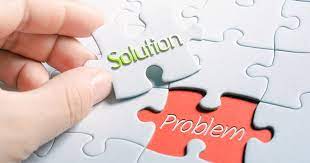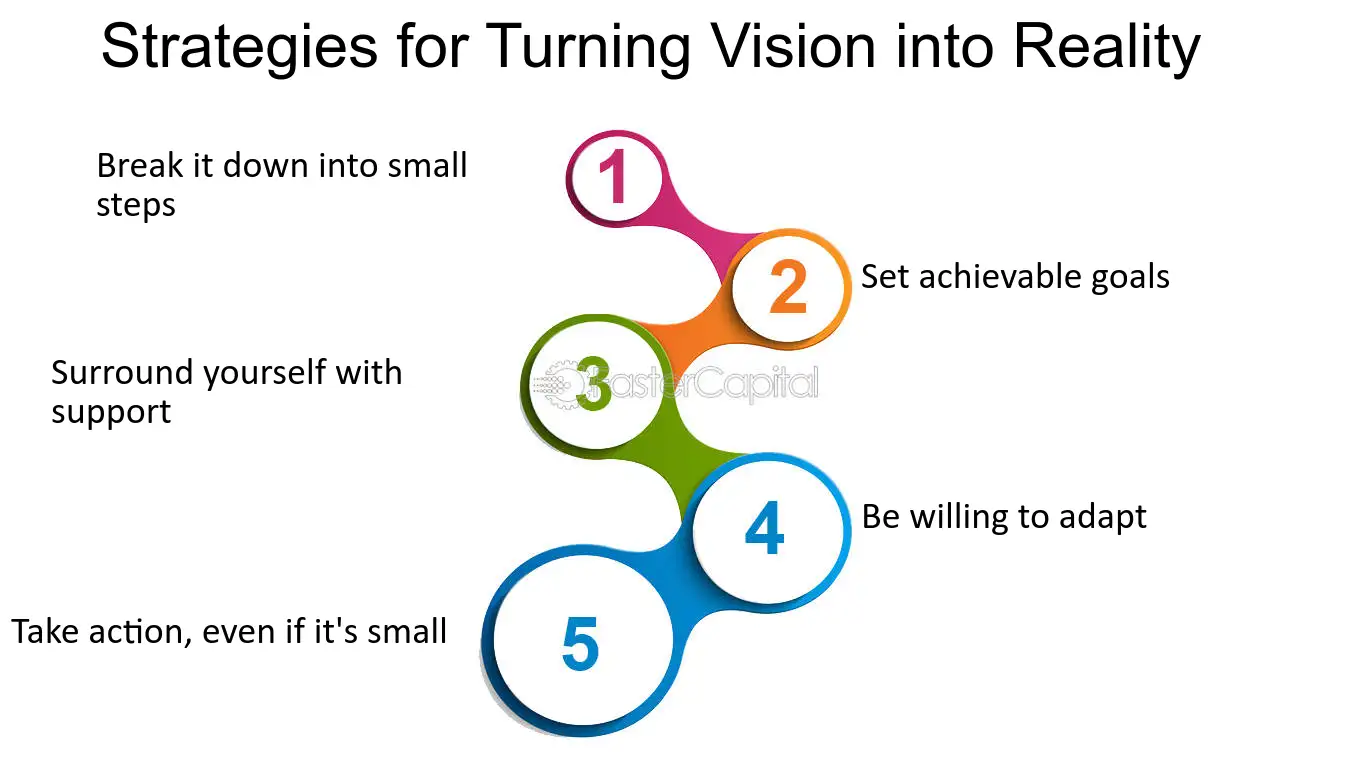In today’s rapidly changing world, adaptability is a crucial quality for leaders.
The ability to remain flexible, think critically, and solve problems effectively enables leaders to navigate uncertainty, overcome challenges, and seize new opportunities. This article explores how leaders can develop adaptability and problem-solving skills to drive personal and organizational success.
Introduction: Why Adaptability Matters in Leadership
Key Concepts: Adaptability, flexibility, leadership, problem-solving
Adaptable leaders thrive in environments where change is constant. They are able to adjust their strategies, embrace new ideas, and respond proactively to challenges. By developing adaptability, leaders can inspire confidence, foster resilience within their teams, and ensure their organization remains competitive in an ever-evolving landscape.
1. Understanding Adaptability in Leadership
Key Concepts: Resilience, agility, change management
Adaptability in leadership is the ability to adjust one’s approach based on the demands of a situation. This involves staying open to new information, embracing diverse perspectives, and being willing to pivot strategies when necessary. Leaders who are adaptable remain calm under pressure, find creative solutions to problems, and inspire their teams to embrace change as an opportunity for growth.
2. Key Traits of an Adaptable Leader
Key Concepts: Emotional intelligence, open-mindedness, resourcefulness
Adaptable leaders often exhibit specific traits that enable them to succeed in dynamic environments. These include:
- Emotional Intelligence: The ability to manage one’s emotions and empathize with others.
- Open-Mindedness: A willingness to consider alternative viewpoints and new ideas.
- Resourcefulness: The capacity to find innovative solutions, even with limited resources.
3. Developing Flexibility in Leadership
Key Concepts: Growth mindset, continuous learning, decision-making
Flexibility is a core aspect of adaptability. Leaders can develop flexibility by adopting a growth mindset, remaining open to feedback, and continuously learning new skills. Flexibility allows leaders to explore different options, weigh potential outcomes, and make decisions that align with both immediate needs and long-term goals.
Tip for Leaders:
Practice scenario planning to anticipate potential challenges and identify alternative strategies for success.
4. Building Problem-Solving Skills
Key Concepts: Critical thinking, analysis, creative solutions
Effective problem-solving requires a combination of critical thinking and creativity. Leaders can enhance their problem-solving skills by:
- Analyzing Situations Thoroughly: Gather relevant data and assess the root causes of a problem.
- Collaborating with Teams: Leverage diverse perspectives to explore potential solutions.
- Encouraging Creativity: Challenge conventional thinking and explore innovative approaches.
Example:
A leader facing supply chain disruptions might solve the problem by exploring alternative suppliers, renegotiating timelines, or leveraging technology to streamline logistics.
5. Navigating Uncertainty with Confidence
Key Concepts: Risk management, strategic planning, resilience
Adaptable leaders excel in uncertain situations by remaining confident and focused. They understand that uncertainty often involves risks, but they approach these risks strategically. By developing contingency plans, assessing potential impacts, and remaining resilient in the face of setbacks, leaders can guide their teams through ambiguity effectively.
6. Encouraging Adaptability in Teams
Key Concepts: Empowerment, collaboration, trust
Adaptable leaders foster flexibility and problem-solving skills not only within themselves but also within their teams. By empowering team members to take initiative, encouraging collaboration, and cultivating a culture of trust, leaders create environments where adaptability thrives.
Actionable Step for Leaders:
Incorporate team-building exercises that emphasize creative problem-solving and decision-making under changing circumstances.
7. Leveraging Technology and Innovation
Key Concepts: Digital tools, innovation, continuous improvement
Technology plays a significant role in enhancing adaptability. Leaders who embrace digital tools and innovative solutions can stay ahead of industry trends and respond more effectively to challenges. Learning to leverage technology also allows leaders to optimize workflows, improve decision-making, and enhance team communication.
Example:
Using data analytics tools to predict market trends can help leaders make informed decisions and adapt strategies proactively.
8. The Role of Resilience in Adaptability
Key Concepts: Persistence, stress management, self-confidence
Resilience is a key attribute that supports adaptability. Resilient leaders can recover quickly from setbacks and maintain their focus on achieving goals. By developing stress management techniques and building self-confidence, leaders can stay composed and inspire their teams to do the same.
9. Continuous Growth and Reflection
Key Concepts: Self-awareness, feedback, personal development
Adaptable leaders are committed to continuous growth and self-improvement. Regularly reflecting on their experiences and seeking feedback helps leaders identify areas for improvement and refine their strategies. Personal development initiatives, such as attending workshops or reading industry literature, also contribute to ongoing adaptability.
Conclusion: Adaptability as a Leadership Superpower
Key Concepts: Long-term success, leadership impact, organizational agility
In a world defined by rapid change, adaptability is a leadership superpower. Leaders who cultivate flexibility and problem-solving skills position themselves and their organizations for long-term success. By embracing change, fostering resilience, and developing innovative solutions, adaptable leaders inspire confidence, drive progress, and lead their teams to greater achievements.
Actionable Steps for Leaders:
- Adopt a growth mindset and remain open to learning new skills.
- Practice strategic decision-making and scenario planning.
- Foster a culture of adaptability and problem-solving within your team.
- Leverage technology and innovation to stay ahead of the curve.
- Reflect on experiences and seek feedback for continuous improvement.
Keywords:
Adaptable leadership, flexibility, problem-solving, critical thinking, resilience, decision-making, innovation, growth mindset, strategic planning, organizational success


You must be logged in to post a comment.